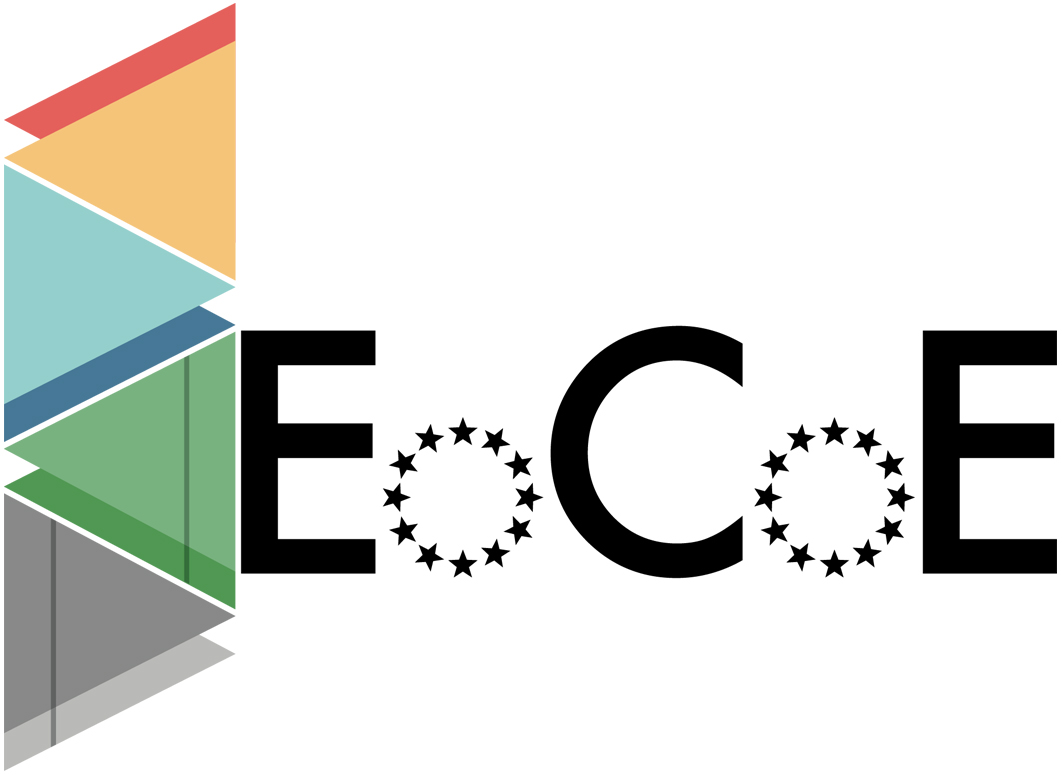16 September h 11-12,30
TT.II – Technical Multi-Track with Parallel Symposia
Co-organized with ENEA
Chair: Massimo CELINO, ENEA & Francesco BUONOCORE, ENEA
HPC (High Performance Computing) and BigData technologies are revolutioning how computational materials science is addressed. In a few years the new generation of supercomputers will be capable of delivering a computational power in the range of about 1018 floating point operations per second. The availability of this tremendous computational power opens new ways to face challenges in nanotechnology research. Materials science will be greatly affected since a new kind of dynamics between theory and experiment will be established, with the potential to accelerate materials discovery to meet the increased demand for task-specific materials. Moreover HPC will be able to analyze very large amount of data (BigData) giving access to unforeseen interpretations of both experimental and computational data. The heightened demand for automation, advanced analysis and predictive capabilities inherent to these new methods put it in an especially exciting crossroads between chemistry, mathematics and computational science. In the European sphere, the transversal multidisciplinary approach is the key ingredient of the Horizon2020 Energy oriented Centre of Excellence (EoCoE) which aims to accelerate the European transition to a reliable low carbon energy supply exploiting the ever-growing computational power of HPC. This session aims to bring together researchers in materials science and computer science to discuss new approaches and explore new collaborations in the theoretical discovery of materials.
More details:
